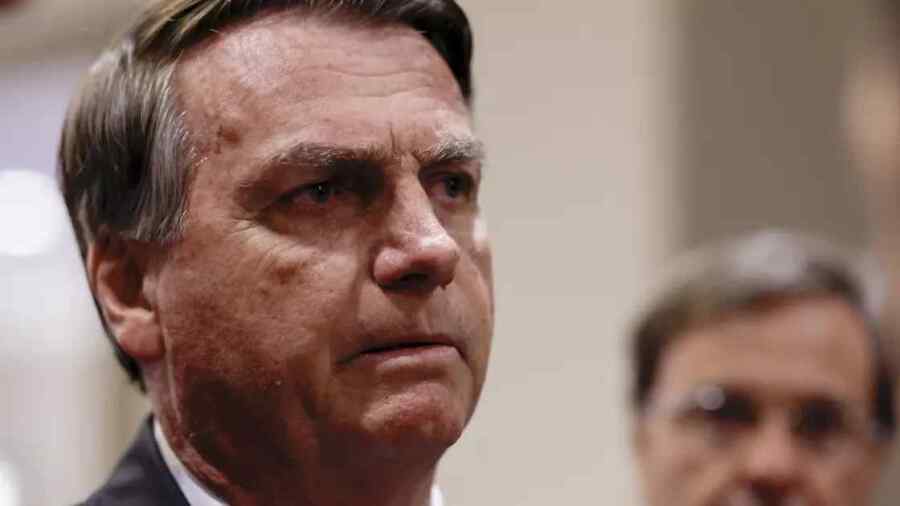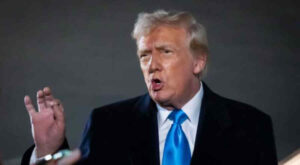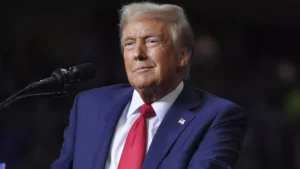Former Brazilian President Jair Bolsonaro, a Trump ally, was sentenced to 27 years for organising a coup d’état in January 2023. He will not be able to go to the next election in 2026.

The State Department accuses the Brazilian courts of human rights violations and pledges to come out in support of Bolsonaro. However, the room for manoeuvre here is clearly limited. The US has already imposed tariffs of 50 per cent against Brazil, but they quickly had to be adjusted. Aircraft components, oil, orange juice and much more were taken out of the scope of the duties.
Otherwise, the US economy, which buys a lot of things from Brazil, would have suffered. At the same time, the imposed tariffs led to a very strong split among the Brazilian right-wing. Some of them spoke out against Trump’s actions and in defence of their country. Others hope that the duties will lead to a crisis in the Brazilian economy, which could be used to change the government.
The ratings of incumbent President Lula da Silva have risen significantly. He is now beating all potential opponents in the second round of the next presidential election. And it is not entirely clear who will go from the right – whether it will be Michelle Bolsonaro, Jair’s wife, the popular governor of São Paulo Tarcisio de Freitas or someone else.
The Trump team would very much like to launch a right-wing turn in Latin America – especially in Brazil, Chile and Colombia. The recent elections in Bolivia have already resulted in a right-wing victory. But attempts to exert pressure from outside could both weaken the position of forces close to Trump, who have to work in the face of growing anti-American sentiment on the continent.
Malek Dudakov


